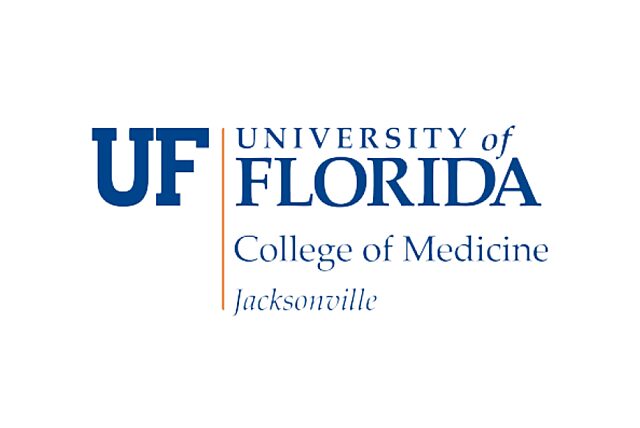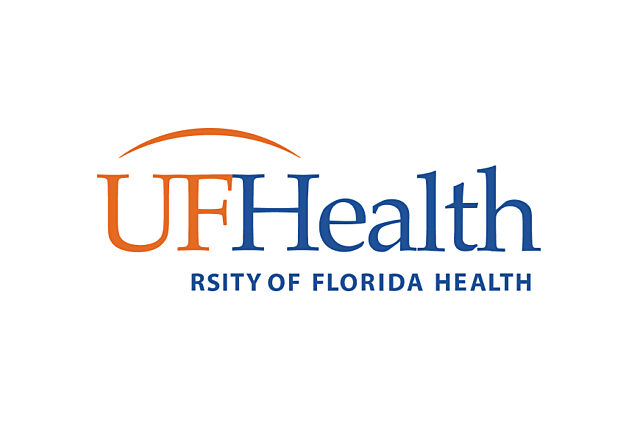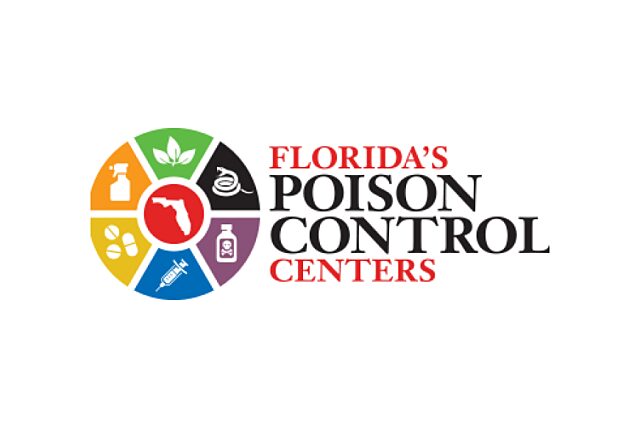Disaster Preparedness Education
Advanced HAZMAT Life Support (AHLS) Provider
The Advanced HAZMAT Life Support (AHLS) Provider program is designed to train medical professionals how to treat people exposed to hazardous materials. AHLS provides the specialized knowledge and skills needed to determine the toxic agent causing the symptoms and how it should be treated.
The AHLS Provider program is a 16-hour, two-day course that trains the participant to:
- Provide rapid assessment of hazmat patients
- Recognize toxic syndromes (toxidromes)
- Provide medical management for hazmat patients
- Apply the poisoning treatment paradigm
- Administer specific antidotes
For more information, visit the Florida/USVI Poison Information Center-Jacksonville AHLS course website.
Course Credits: 15.5 hours AMA Physician Recognition Award Category 1
16.5 ACPE Contact Hours (1.65 CEUs)
16 Contact Hours Advanced CECBEMS
13 CEU Nursing (Florida)
For additional information on CME and CEU credits, click here.
Sponsored by: Arizona Emergency Medicine Research Center of the University of Arizona College of Medicine, American Academy of Clinical Toxicology (AACT)
Advanced HAZMAT Life Support (AHLS) Instructor
The AHLS Instructor program is a six-hour, one-day course that trains participants to demonstrate AHLS principles and adult education theory. AHLS instructors can then bring AHLS curriculum to their own area.
For more information about the AHLS Provider and Instructor courses, visit the Florida/USVI Poison Information Center-Jacksonville AHLS course website or the Advanced HAZMAT Life Support website.
Course Credits: 6.5 AMA Physician Recognition Award Category 1
7.5 ACPE Contact Hours (.75 CEUs)
6.0 Contact Hours Educator CECBEMS
For additional information on CME and CEU credits, click here.
Sponsored by: Arizona Emergency Medicine Research Center of the University of Arizona College of Medicine, American Academy of Clinical Toxicology (AACT)
Hosted by:


